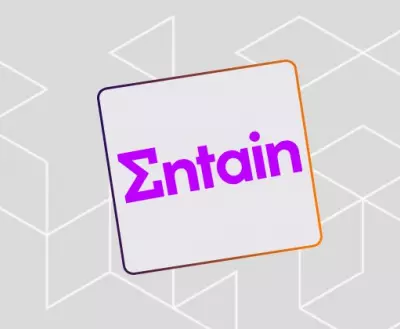Problem gambling rates in the UK have remained at a consistently small proportion of gamblers, with no growth year on year – a development that is too often overlooked by those championing the anti-gambling cause.
Yet that hasn’t stopped the industry, the government, and charities from increasing their support for the minority of gamers who develop problems. Now, they’re being joined by several high street banks, following the announcement of a new raft of tools designed to help control compulsive gambling.
Self-exclusion has been in place for a number of years, with casino and betting operators obliging requests from individual players to exclude themselves from their betting services. By all accounts this model has been working well, with operators blocking the accounts of those who have previously chosen to exclude themselves on the grounds of problems with their gambling.
But for those most affected, loopholes have been identified, rendering the model less than perfect. Step up high street banks, with the likes of Lloyds, RBS and Santander stepping up to do their part to assist in the multifaceted problem of addiction.
While this still only affects a tiny minority of a tiny minority of gamblers, the measures being introduced by the banks will provide even more tools for self-exclusion – specifically the ability to block gambling transactions from debit cards.
The scheme is to be delivered through individual banking apps, which will give customers the ability to control spending on their debit card in various categories. Following in the footsteps of a recent initiative rolled out by Barclays, the banks will for the first time allow customers to decide which types of transactions their cards can be used for.
Of course, this type of facility has been offered by gambling operators, with high street bookies for example already allowing customers concerned about their gambling to regulate their spending more effectively. But now, with the introduction of account-specific measures on the payments side for those who need or desire them, it’s about to become even easier for those at risk of developing gambling problems to wrest back control.
A spokesperson for NatWest, which is reported to be considering similar measures for debit cards after the success of similar tools for credit customers, said they are always interested in investigating ways consumers can take better control of their money.
“We recently launched the ability for our customers to freeze their credit cards and set spending budgets using our mobile app, and are always looking at further ways to help customers manage their money.”
Meanwhile, Lloyds said the measures would give customers more peace of mind when regulating their spending.
“Throughout 2019 we will be enhancing our customer communications so customers are informed and alerted to their gambling spend, as well as introducing tools to improve self-service options such as gambling restrictions.“
“New card controls give customers more control over debit card transactions for extra peace of mind.”
Problem gambling in the UK remains a proportionately small problem, and the lack of any increase in problem gaming rates is welcomed by all stakeholders. With the introduction of these new measures set for 2019, it remains to be seen whether this leads to a further reduction in the numbers of people having issues around their gambling behaviour.








